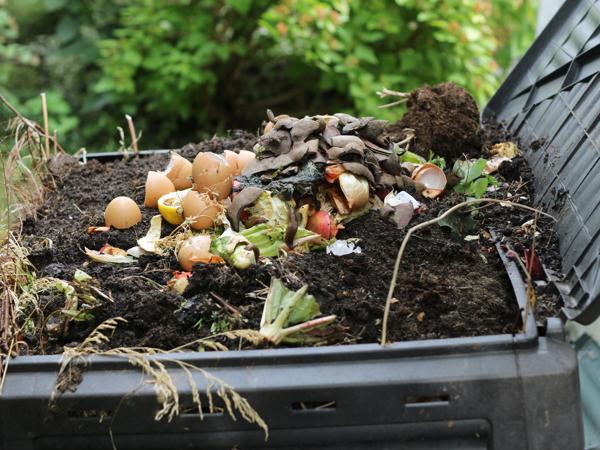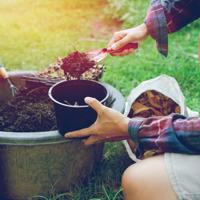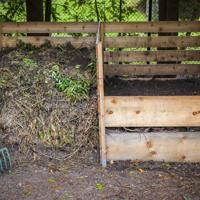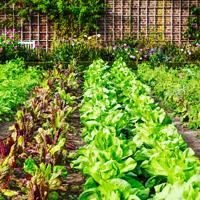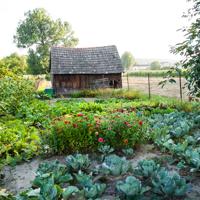Welcome to our comprehensive guide on composting basics. Composting is a simple yet rewarding process that can significantly improve soil health. It turns your kitchen scraps and yard waste into rich, organic matter that nourishes your garden. Let’s explore the ins and outs of composting and how it contributes to creating healthier soil.
Understanding Composting
Composting is the natural process of recycling organic matter, like leaves and vegetable scraps, into a valuable fertilizer that enriches soil and plants. This practice helps close the nutrient loop by returning nutrients to the soil, enhancing its ability to support plant growth.
The Composting Process
Composting involves the decomposition of organic material by microbes, including bacteria, fungi, and actinobacteria. This decomposition process transforms organic waste into a nutrient-rich soil amendment known as compost.
Key Ingredients
- Greens: High in nitrogen, these include fruit and vegetable scraps, coffee grounds, tea bags, and fresh grass clippings.
- Browns: Rich in carbon, such as dry leaves, straw, wood chips, and cardboard.
- Water: Moisture is necessary to support the actions of decomposers.
- Air: Aerating the pile ensures that aerobic microbes thrive, speeding up decomposition.
Achieving the right balance of greens and browns, moisture, and air circulation is crucial. Generally, a ratio of three parts browns to one part greens is effective.
Types of Composting
There are various methods depending on your available space, resources, and preferences.
-
Backyard Composting: Ideal for those with outdoor space, it involves a bin or pile where materials gradually decompose.
-
Vermicomposting: Using worms to compost organic waste, this is suitable for small spaces or indoor settings.
-
Bokashi Composting: A fermentation process that works well for many organic materials, including meat and dairy, often avoided in traditional composting.
-
Tumbler Composting: Faster than traditional methods, these enclosed bins can be easily turned, speeding up decomposition.
Each method has its pros and cons, allowing you to choose the one that fits your lifestyle and goals.
Tips for Successful Composting
- Size Matters: Smaller pieces of waste decompose faster, so chop or shred materials when possible.
- Turn the Pile: Regularly aerate your compost to introduce oxygen, crucial for aerobic bacteria.
- Monitor Moisture: The compost should be damp like a wrung-out sponge, neither too dry nor too wet.
- Avoid Complications: Skip adding meat, dairy, or diseased plants to avoid pests and odors.
Benefits of Composting
Composting provides several environmental and gardening benefits. It reduces landfill waste, minimizes methane emissions, and conserves resources. For gardeners, compost enhances soil structure, promotes biodiversity, and improves water retention.
Healthy soil is teeming with life. It includes a variety of organisms that work symbiotically with plant roots. The addition of compost fosters this ecosystem, encouraging robust plant growth.
Sustainable Gardening with Compost
Incorporating compost into your garden is a sustainable practice. It reduces reliance on chemical fertilizers, minimizes your environmental footprint, and leads to productive and healthy plant life. Whether you’re growing vegetables or ornamental plants, composting can be a practical step to achieving a garden-to-table lifestyle.
Getting Started
You don’t need much to start composting. A simple bin or a corner in your yard can serve as your composting area. Start collecting organic waste and mix them according to the guidelines above. Observe the process, make adjustments, and enjoy watching your waste transform into “black gold.”
Further Reading and Resources
- Environmental Protection Agency (EPA) Composting Page
- Composting for the Homeowner (University of Illinois Extension)
Remember, composting is not a perfect science but rather a natural process that invites experimentation. Enjoy the journey of reducing waste and contributing to healthier soil and a thriving garden.
